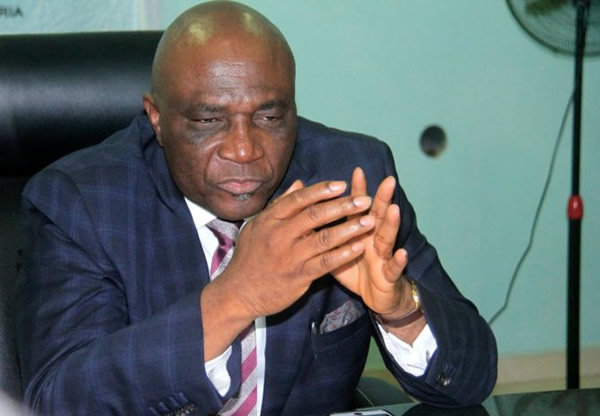
The Presidency has clarified that the proposed Tax Reform Bills do not recommend the scrapping of prominent agencies such as TETFUND, NASENI, or NITDA.
According to the State House, instead, the reforms aim to streamline Nigeria’s tax system, reducing the burden on businesses and promoting investment.
In a statement on Monday, December 2, 2024, Bayo Onanuga, Special Adviser to President Bola Tinubu, stressed that the bills consolidate multiple taxes into a single levy while ensuring agencies remain funded through budgetary provisions.
The changes, he noted, are designed to modernize outdated tax laws, fostering national growth without impoverishing any region.
Part of the statement read: “The tax reform bills will not make Lagos or Rivers more affluent and other parts of the country, as recklessly canvassed, poorer. The bills will not destroy the economy of any section of the country.
“Instead, they aim to enhance the quality of life for Nigerians, especially the disadvantaged, who are trying to make a living. Contrary to the lies being peddled, the bills do not suggest that NASENI, TETFUND, and NITDA will cease to exist in 2029 after the passage of the bills.
“Government agencies, such as NASENI, TETFUND, and NITDA, are funded through budgetary provisions with company income tax and other taxes paid by the same businesses that are being overburdened with the special taxes.
“One reason President Bola Tinubu embarked on the Tax and Fiscal Policy Reforms is the need to streamline tax administration in Nigeria and make the operating environment conducive for businesses.
“For decades, businesses, investors, and private sector players in Nigeria have complained of being overburdened by a myriad of taxes and levies, including those earmarked to fund various government agencies and initiatives.
“The multiple taxes complicate the economic environment, making Nigeria uncompetitive for investment and preventing many businesses from growing or continuing their operations.
“Some companies have had to make the rational decision to relocate to other countries. We can not continue on this path or wait for 20 years if this country is to deliver the prosperity we need for our people.
“The proposal, as contained in section 59(3) of the Nigeria Tax Bill, only seeks to consolidate some of the earmarked taxes imposed on companies and replace them with a single tax to be shared with the key agencies as beneficiaries in a phased manner until 2030.
“The time frame offers ample opportunity for the affected agencies to explore other funding sources in addition to budgetary allocations in line with the constitution and international best practices.
“It is a misrepresentation of facts to conclude that changing an agency’s funding source amounts to scrapping it. None of the countries leading globally in education, science, engineering, or information technology have similar earmarked taxes.
The Presidency urged Nigerians to participate in National Assembly hearings and called for informed, fact-based discussions to avoid unnecessary divisions and confusion.
